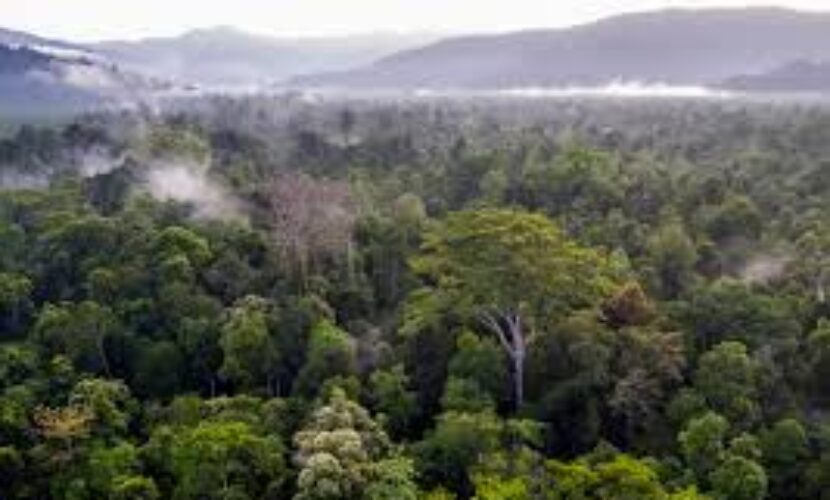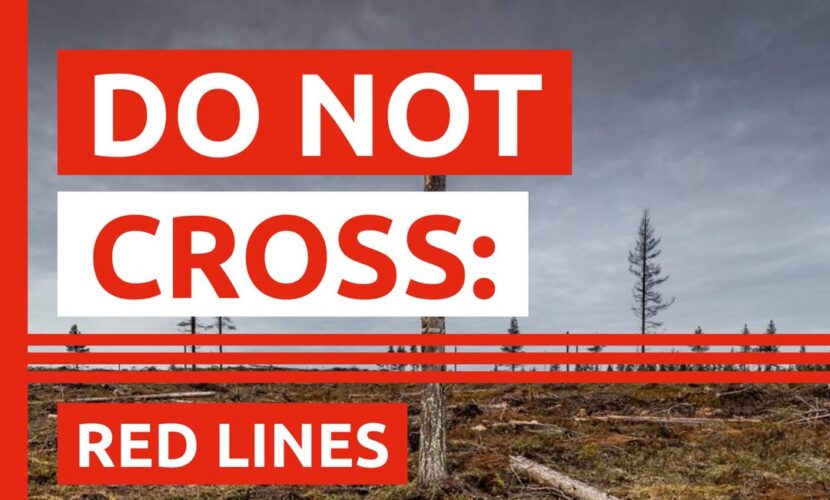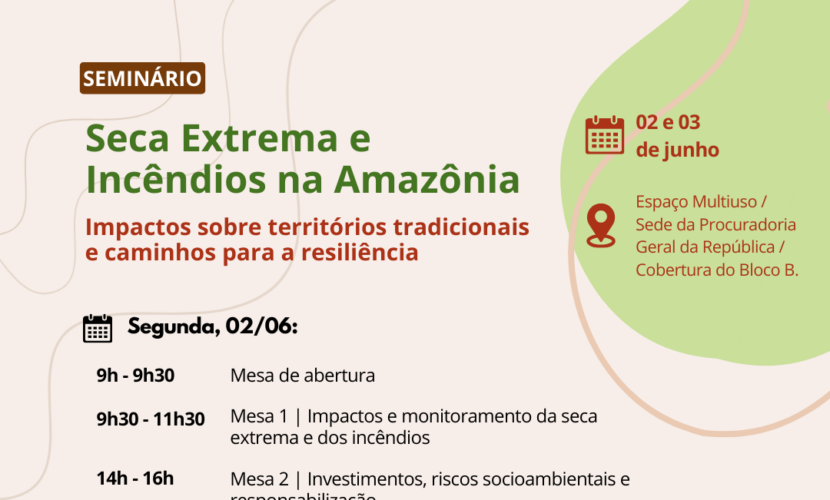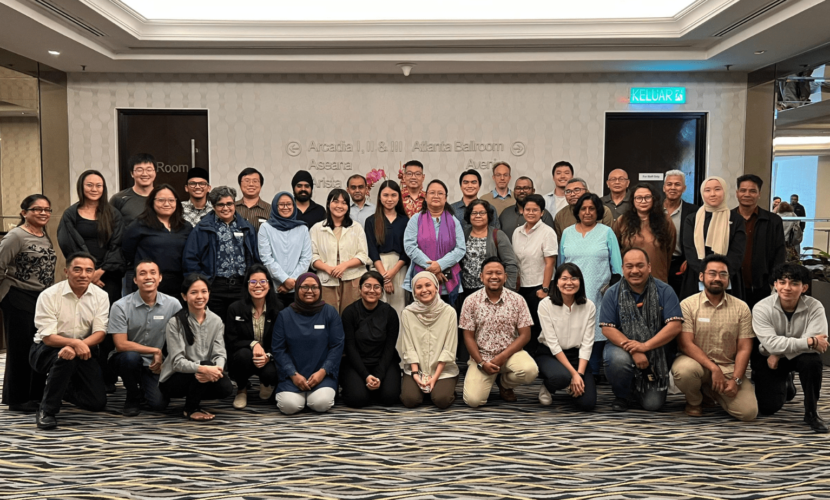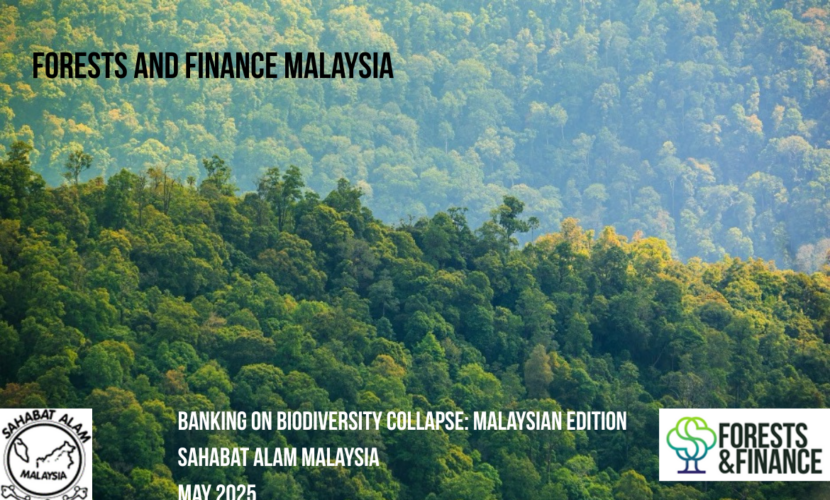News
Brazil pulp and paper company Klabin touts ‘green’ image despite mining interests

by Maiara Marinho and Naira Hofmeister at Repórter Brasil on 4 April 2023
Published in English by Mongabay News
- Brazilian pulp and paper manufacturer, Klabin S.A. has registered mining interests in over 190 areas located across three of the country’s states.
- Over the last decade, Klabin has extracted minerals worth almost 83 million reais (more than $16 million), but since mining represents less than a tenth of its annual revenues, the company is not legally bound to officially declare its mining operations.
- Klabin has been searching for minerals in protected areas in the states Paraná and São Paulo without notifying environmental agencies; mineral surveying could threaten Brazil’s Atlantic forest and the livelihoods of quilombo communities.
- Companies that have invested in Klabin, which include the world’s biggest asset manager, BlackRock, high-profile banks and pension funds, have mostly refused to comment on Klabin’s involvement in mining.
With the slogan “Invest in Klabin and build a sustainable future” and a long list of awards for its commitment to preserving the environment, Brazilian pulp and paper manufacturer Klabin S.A. has drawn attention and resources in the financial market. At the end of 2022, the company held at least $680 million in stocks and bonds sold to 10 of its largest global funders and saw the number of individuals buying its shares on the Brazilian stock exchange jump from 10,000 to 252,000.
What investors probably ignore or don’t know is that Klabin is also a mining company with registered interests in 194 areas across three Brazilian states. In the last 10 years, it has extracted substances worth 82.8 million reais ($16.3 million) on the market — without accounting for inflation. They also ignore or don’t know that part of the mineral deposits the paper company exploits or has applied to exploit pose threats to environmental preservation areas, water sources and territories of traditional Brazilian peoples.
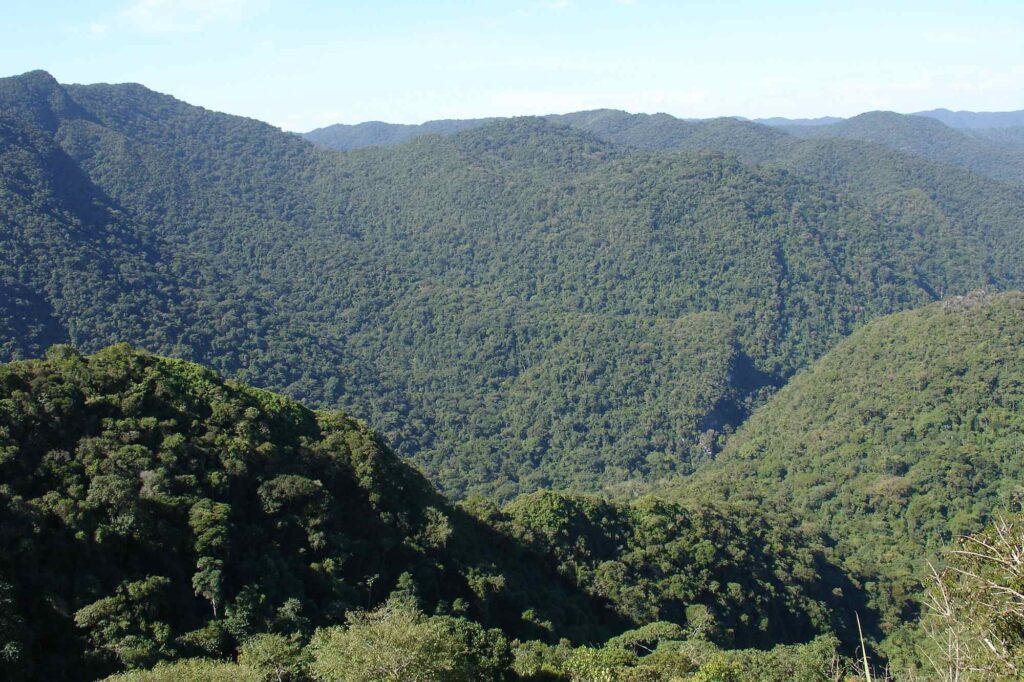
Under the rules of Brazil’s Financial Conduct Authority (CVM), operations accounting for less than 10% of the revenues of a company listed on the stock exchange do not need to be publicly declared. Therefore, neither Klabin’s financial statements nor its sustainability reports or the prospectuses for the bonds it places on the market — the main information channels for investors — include mining among its activities.
“[Mining] is not related to the company’s business and financial revenues,” the company states – and, therefore, there would be no “indication to disclose” it in financial reports. However, the company admits to using gravel, clay and flint extracted from mineral deposits in road paving and maintenance to improve truck traffic in its operational areas. Read the full statement here. Klabin also notes that mining is listed in the company’s bylaws as one of its activities.
Still, financial market commentators are critical of what they see as lack of transparency. “When an investor buys a bond issued by Klabin, who is he buying it from? From the company’s cellulose division or the mining division? How can a person assess whether or not the company has sustainable policies if some of its activities are not clear?” asks Luiz Macahyba, a researcher at the Federal University of Rio de Janeiro who specializes in financial regulation.
According to the Mining Observatory, the industry is one of the largest CO2 emittersin the country. But Klabin’s inventory of greenhouse gases does not indicate the magnitude of the emissions of its mining arm. “Klabin’s emissions are calculated within the categories defined by the methodology, which does separate types of processes,” the company explains, adding that a third-party audit is conducted, “which guarantees the accuracy and credibility of the information.”
“From the perspective of climate change and traditional peoples’ rights and transparency, disclosing information on all operations of a company is much better than not disclosing it,” says Moira Birss, climate finance director at Amazon Watch, an international organization working to protect the Amazon Rainforest and its peoples.
Unauthorized surveying
Mining applications currently filed by Klabin are concentrated in the states of Paraná (136) and Santa Catarina (57), according to public data provided by Brazil’s National Mining Agency (ANM).
In Paraná, at least two regions where Klabin has mining interests overlap an important preservation area, even though the state’s environmental agency, the Water and Land Institute (Instituto Água e Terra, IAT), is not aware of the operations.
The Environmental Protection Area Serra da Esperança, in the municipality of Guarapuava, protects the surroundings of the Salto São Francisco da Esperança State Park, in the south-central region of the state. It was created to ensure the integrity of public water supplies and is home to rare or endangered forest species such as the Brazilian pine (Araucaria angustifolia), the symbol of Paraná state.

There is where Klabin searches for minerals used in construction, as can be seen in two different applications. The company has been authorized to survey in one of them and has started the activities, without, however, obtaining a license from IAT: “We cannot have issued a license for that activity since no environmental impact assessment has been conducted by the state,” the agency’s press office says. The full explanation can be read here.
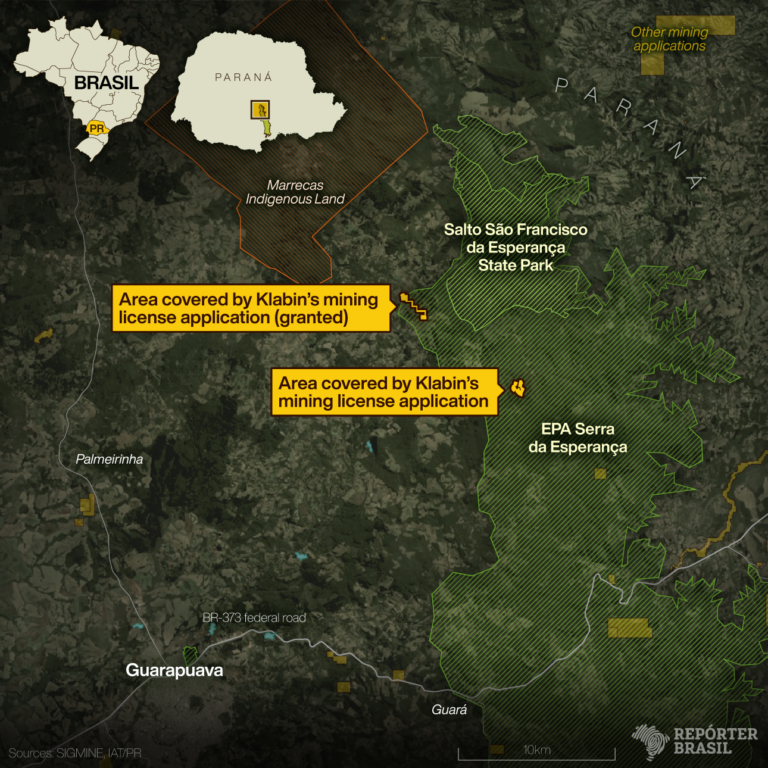
Surveying is done before extraction but includes well drilling and sounding. Maurício Angelo, founder of the Mining Observatory — a website that monitors Brazil’s mining industry — warns that although surveying usually does not have major consequences, when conducted in a sensitive environmental area, the impact can be “important, precisely because of the area of influence.”
According to Alline Hlatki, the head of the two conservation units, the EPA’s management plan does not allow mining within its boundaries. “Any mining activity, no matter how small, will impact the environment,” she says.
Atlantic Forest at risk
In 2022, the company carried out an unprecedented expansion of its mining interests to the state of São Paulo and was granted authorization for mineral surveying in the Ribeira Valley, a region that extends to the north of Paraná and concentrates Brazil’s largest preserved area of Atlantic Forest.
Surveying was authorized in an area of 1,586 hectares (3,919 acres), mostly in the São Paulo portion of the green territory, which includes an important water source and numerous permanent preservation areas (PPAs) that protect rivers and springs, as well as private areas registered as legal reserves for rural properties, which, according to the Brazilian Forestry Code, cannot be touched.
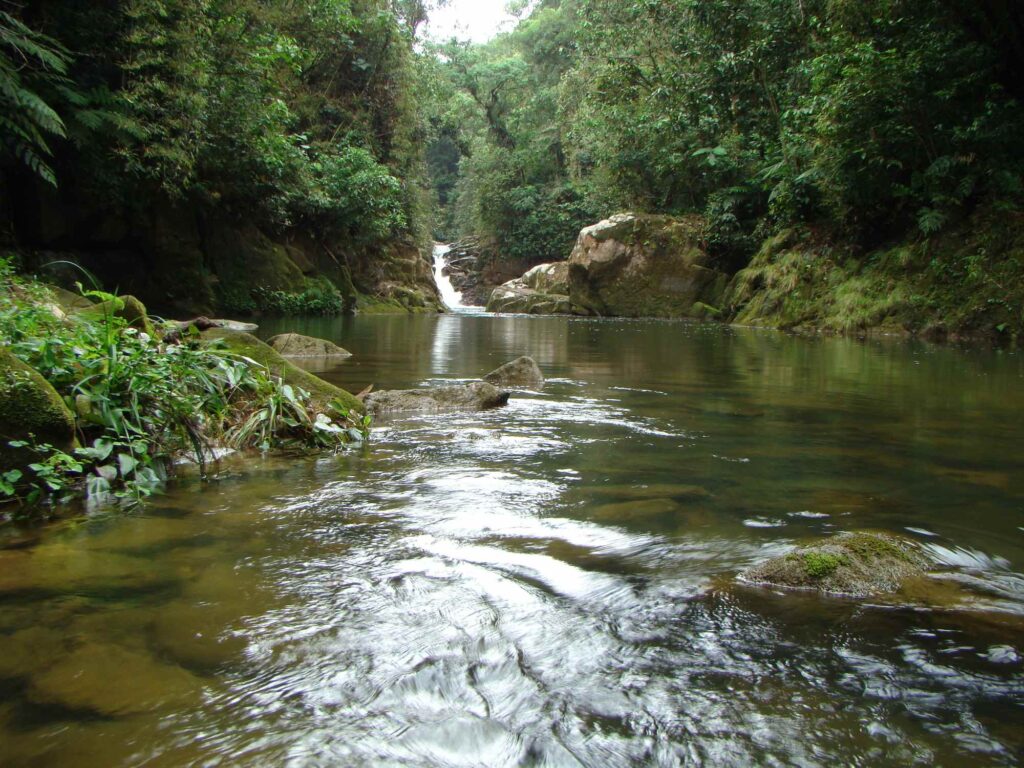
Klabin does not disclose where exactly in the authorized perimeter it is surveying, but it says it has “no deposits occupying any permanent preservation area.” According to the Environmental Company of the State of São Paulo (CETESB), a specific license is required only for mineral surveying in the region if there is “vegetation suppression or intervention in permanent preservation areas.” By the time of publication, Klabin had not made any application in this regard. Read the full statement here.
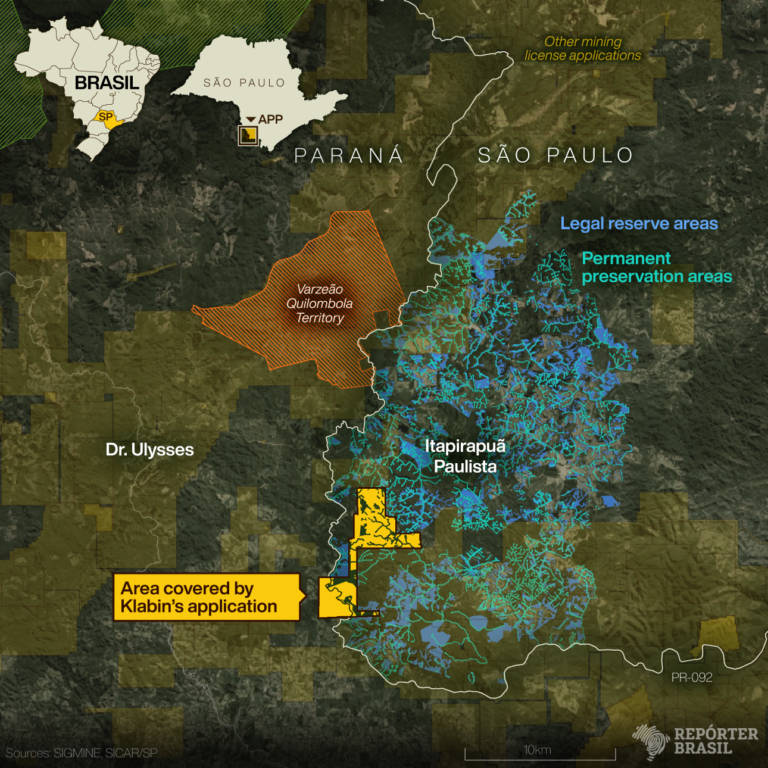
The company says it recognizes the environmental value of the Ribeira Valley but points out that “not all the region is covered by Atlantic Forest” and that it has “licenses to mine in some areas, in compliance with the legislation.”
That is a contradiction that does not go unnoticed by environmentalists. “It’s very bad for a company to claim to be green while trying to set up mining projects in protected areas,” says Social and Environmental Institute researcher Antonio Oviedo.
Quilombola overlooked
Most of the area where Klabin surveys minerals in the Ribeira Valley encompasses the Atlantic Forest within the state of São Paulo. However, what worries the residents of the nearby Varzeão Quilombola Territory is the part located in Paraná, and also a Klabin’s forestry base in the municipality of Doutor Ulysses. Thirty-five families that descend from enslaved people live in the community, and they have been demanding the demarcation of their territory since 1999, according to the São Paulo Pro-Indian Commission and the Oswaldo Cruz Foundation Conflict Map.
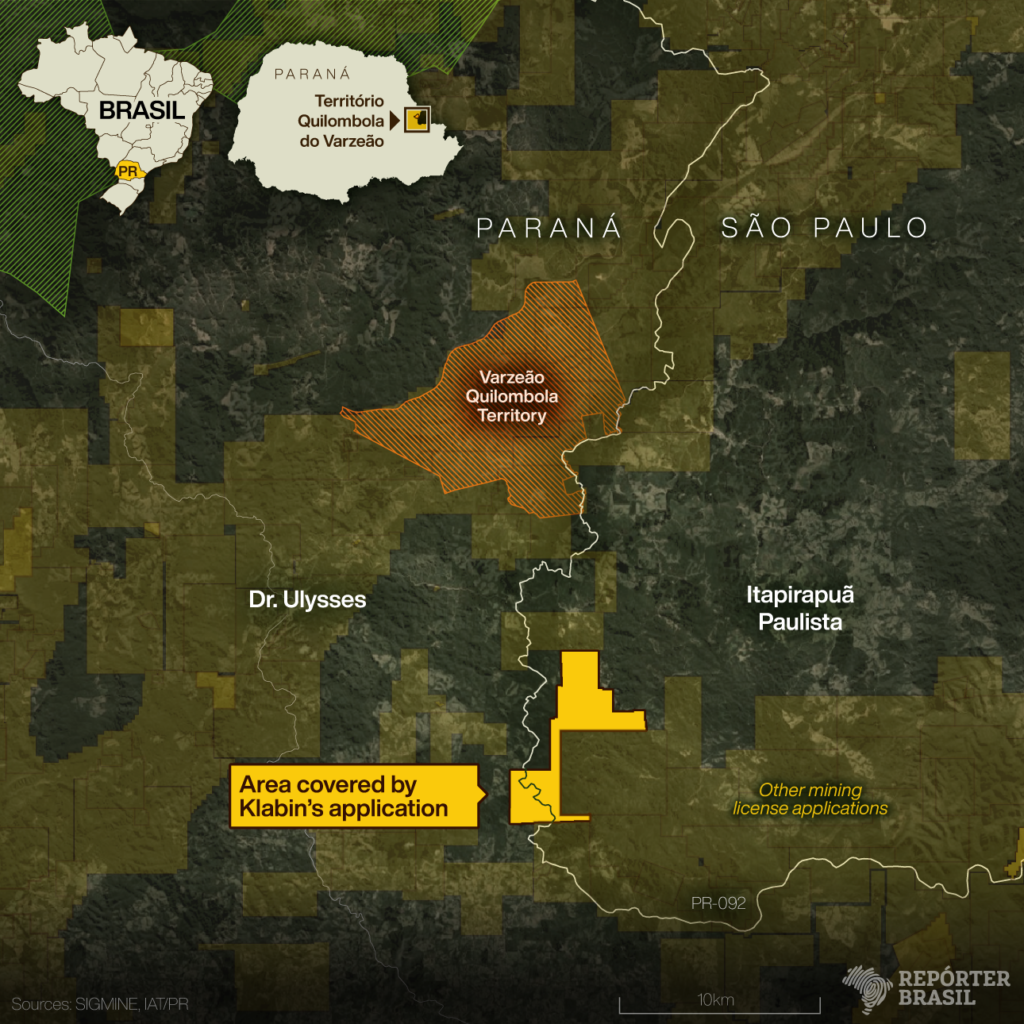
One local, Claudinei Rodrigues, has witnessed the changes caused by the circulation of the paper company’s trucks in the area in recent years. “To make way for double trailer trucks, they must open, renovate, build bridges, restructure the road. So they turn a road that used to be 6 meters [20 feet] wide into a 20-meter-wide [65-foot] road,” he says. The company confirms only that in 2019 it has expanded a local road by 5 kilometers (3 miles) in partnership with the municipality along with doing road maintenance works in the area.
Community members also say they feel wronged because Klabin’s construction work used gravel extracted from a quarry within the area claimed by the quilombo. “That gravel pit is located on the way to my house; it belongs to us,” says Rodrigues, who would like to use the material to improve access to the community itself “because it’s hard to go there.”
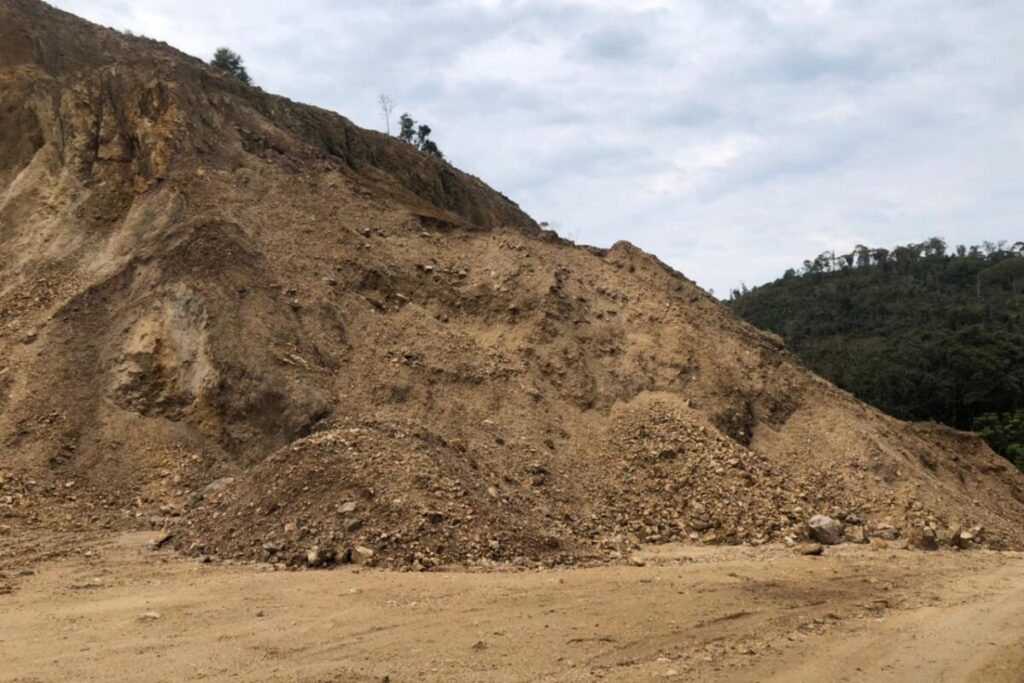
Repórter Brasil consulted the ANM databases and did not find any mining license including any authorization to extract gravel in the area claimed by the Quilombola. But Klabin says that, at the time in 2019, the agency in charge of granting such authorization was the IAT, and the gravel pit was legal. On the other hand, Repórter Brasil found 12 mining applications filed by other companies within the same territory.
No comment from investors
In its explanations, Klabin says that mining “is an activity commonly used by other forestry industries for paving roads” (read the full statement here). However, while the company has 194 active mining applications filed at ANM, Suzano and Fibria, the other two major players in Brazil’s pulp industry (which merged in 2019) have filed only one each.
Klabin is also one of the country’s largest payers of the CFEM (Financial Compensation for Mineral Exploitation) tax on gravel — surpassing several companies that have listed mining as their core activity.
In 2022, the company declared to the government that it had extracted a little more than 9.9 million reais ($1.95 million) in minerals — above its 2012-2022 average, which was 8.1 million reais ($1.6 million). During those 10 years, extraction peaked in 2019, when the operation reached almost 17 million reais ($3.35 million) in gravel, diabase, clay and other similar substances. According to the ANM, these amounts are the basis for calculating the CFEM owed by the company — and may have “sales or consumption of the mineral good as a taxable event,” that is, the value is not necessarily obtained from selling the material. Read ANM’s statement here.
According to the Forest and Finance platform, Klabin S.A.’s biggest investors are the Bank of New York Mellon, which had some $220 million in stakes in the company in 2022; investment company BlackRock ($170 million); and several pension funds for civil servants and workers in countries such as Norway (Government Pension Fund Global), the Netherlands (Pensioenfonds Zorg en Welzijn and Algemeen Burgerlijk Pensioenfonds), Japan (Government Pension Investment Fund and Japan Mutual Aid Association of Public School Teachers) and others.
Repórter Brasil asked the companies that invested in Klabin if they were aware of the company’s mining activities. BlackRock says it will not comment on individual companies “due to its fiduciary role.” This is the world’s largest asset manager, which holds 4.23% of the company’s shares in Brazil, and is listed by the CVM as one of its main shareholders.
Japan’s Government Pension Investment Fund says that “90% of GPIF’s equity investments adopt the passive investment method,” which means the choice of where to invest is delegated to asset managers. But according to the Fund, these operations demand environmental, social and governance (ESG) commitments.
Read the full statement here. The other funds have not commented, but this space remains open.
Banner image: Klabin intends to mine within Brazil’s largest preserved Atlantic Forest area, the Ribeira Valley. Image courtesy of Manoela Meyer/ISA.
See the Portuguese version of the story on the Repórter Brasil website.

